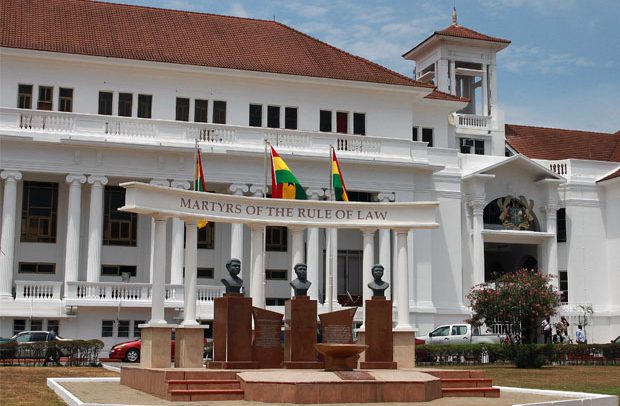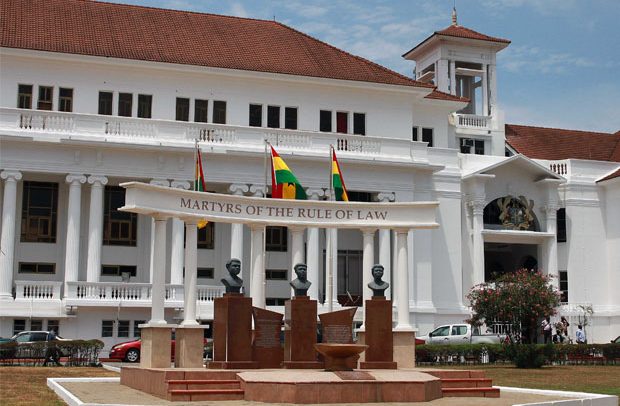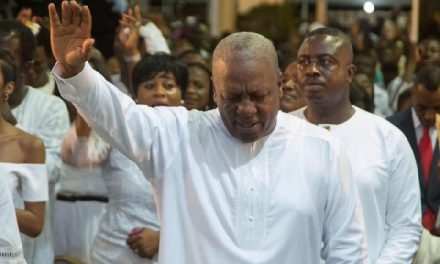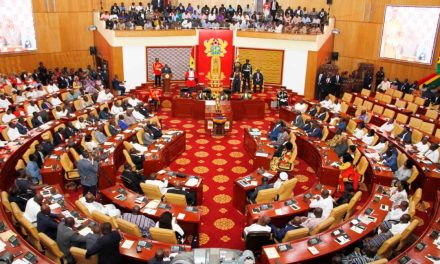
SC Strikes Down COVID-19 Law2 min read


The Supreme Court has struck down the law which empowered government to institute restrictions during the height of the Covid-19 pandemic in 2020.
This was after the court declared as null and void hence unconstitutional, the law passed by Parliament which restricted the movement of people mostly in Accra and some selected parts of the country.
Ghana’s Parliament in 2020 passed the Imposition of Restrictions Act 2020 (Act 1012) which allowed government to impose restrictions as provided for by Article 21 of 1992 Constitution which allows imposition of restrictions in the interest of defence, public safety or public order.
The move at the time was part of measures put in place by government to curtail the spread of the deadly disease which has killed over 6.9 million people worldwide according to the World Health Organisation (WHO).
But Law Professor and Human Rights advocate Kwadwo Appiagyei-Atua together with eight other individuals filed a writ against government through the Attorney General, seeking a declaration that the Act which permitted government to issue out various restrictions was unconstitutional.
The plaintiffs contended that the Act unlawfully empowered the President to unilaterally suspend fundamental human rights and freedoms in the whole or a part of Ghana, excluding the special role of the Chief Justice and the Superior Court of Judicature in managing or regulating the suspension of fundamental human rights and freedoms in the whole or a part of Ghana; and excluding the role of Parliament in managing or regulating the suspension of fundamental human rights and freedoms in the whole or a part of Ghana.
They sought a declaration that on a true and proper interpretation of Articles 21, 31, 32, 58, 93(2) and 125(3) of the 1992 Constitution, Articles 21(4)(e) or (e) may not not be applied to suspend fundamental human rights or freedoms during a public emergency.
The writ therefore, sought the court to strike down the Imposition of Restrictions Act, 2020 (Act 1012) as null and void.
A seven-member panel of the court presided over by Justice Jones Dotse, and assisted by Justices Nene Amegatcher, Prof. Nii Ashie Kotey, Avril Lovelace Johnson, Amadu Omoro Tanko, Prof. Henrietta Mensa-Bonsu and Emmanuel Yonny Kulendi, in a unanimous decision said the law that allowed the restriction to be imposed was unconstitutional hence null and void.
The court said its full decision would be available on June 7, 2023.


















